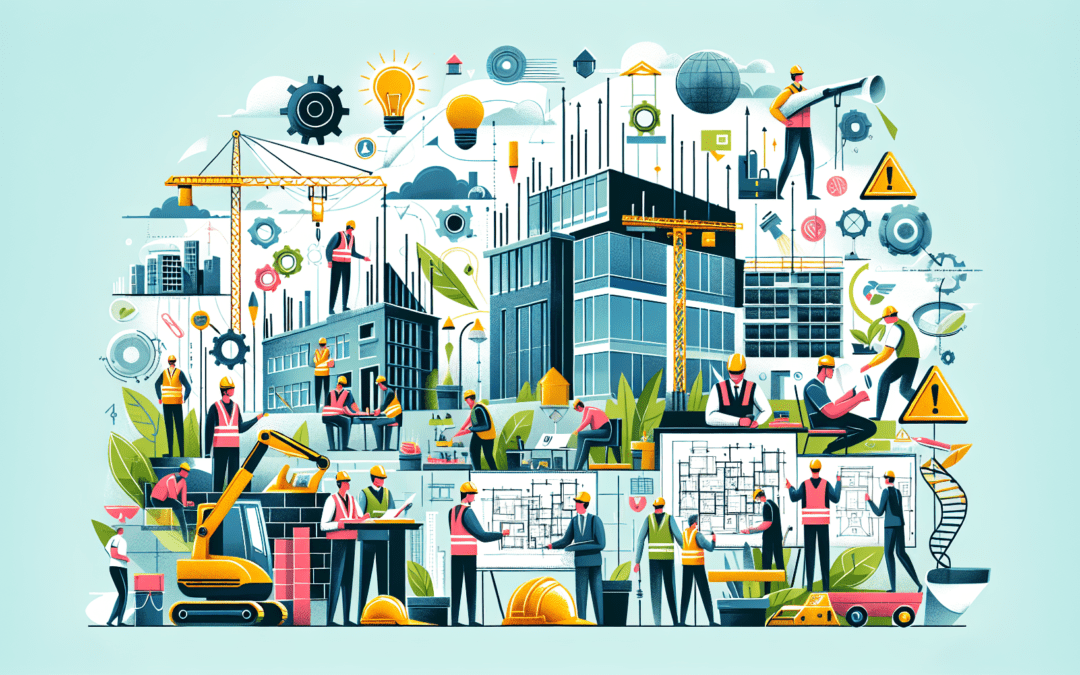
Exploring Construction Services: Fundamentals and Trends
The Basics of Construction Services
At its core, construction services encompass a broad range of tasks and responsibilities necessary to plan, build, and maintain a physical structure. These services can range from residential building processes to massive industrial projects, each requiring a unique set of skills, methodologies, and materials. The foundation of construction services revolves around three major phases: pre-construction planning, construction execution, and post-construction maintenance. Successful projects demand meticulous planning, efficient execution, and ongoing maintenance to ensure longevity and functionality of the structures.
Pre-construction Planning
Pre-construction is the phase where ideas take shape. This step involves feasibility studies, site investigation, environmental assessments, budgeting, and securing the necessary permits and approvals. Effective pre-construction planning can significantly reduce risks, save costs, and ensure that the project’s timeline is realistically set.
Construction Execution
This phase is where plans are turned into reality. Construction execution requires a coordinated effort among various professionals including architects, engineers, construction managers, and skilled tradespeople. Activities during this phase include site preparation, foundation work, structural framing, installation of electrical and plumbing systems, and interior and exterior finishes.
Post-Construction Maintenance
The third phase ensures that the newly built structure remains safe, functional, and aesthetically pleasing. Post-construction services might include regular inspections, repairs, and updates to the building to comply with codes and regulations. This phase is essential for prolonging the life of the building and maximizing its value for users and owners alike.
Current Trends in Construction Services
The construction industry is undergoing significant transformations due to advancements in technology, shifts in societal needs, and an increased focus on sustainability. These changes have sparked new trends that are shaping the future of construction services.
Green Building and Sustainability
Environmental considerations have become a priority in the construction sector. Green building practices aim to minimize the environmental impact of buildings by efficiently using energy, water, and other resources. Sustainable construction also involves selecting eco-friendly materials and designing for reduced waste. Green certifications, such as LEED (Leadership in Energy and Environmental Design), are increasingly sought after, signaling a building’s environmental performance to stakeholders.
Technological Integration
The integration of technology into construction processes is revolutionizing how projects are planned, executed, and managed. Tools such as Building Information Modeling (BIM) allow for the creation of detailed digital representations of buildings, facilitating better planning and collaboration among stakeholders. The use of drones and robotics for site surveying and materials handling is improving safety and efficiency on construction sites. Moreover, wearable technology and augmented reality (AR) are enhancing the capabilities of workers on the ground.
Modular and Prefabricated Construction
Modular and prefabricated construction methods are gaining popularity due to their potential for reducing construction time and waste. This approach involves manufacturing parts of a building in a factory setting and then transporting them to the construction site for assembly. These techniques not only accelerate the construction process but also contribute to better quality control and reduced environmental impact.
As the construction industry continues to evolve, staying informed about these fundamentals and trends is crucial for industry professionals and stakeholders looking to navigate the complexities of modern construction projects. The future promises continued innovation and adaptation, leading to more efficient, sustainable, and technologically advanced construction services.
